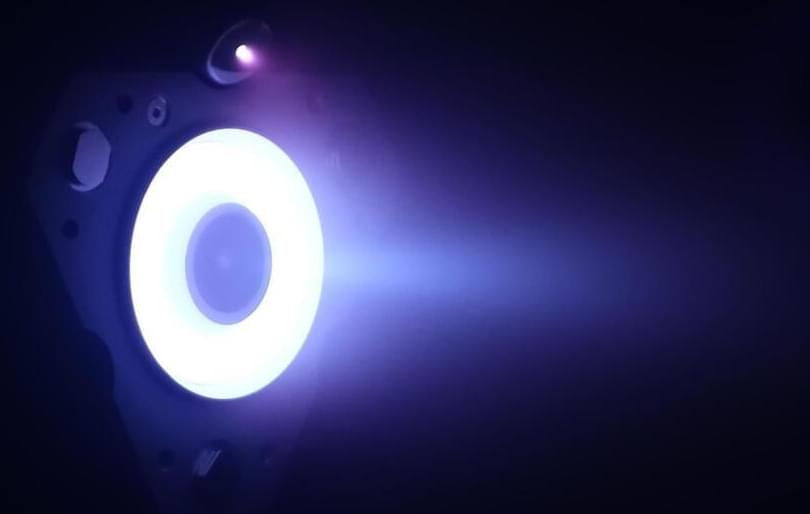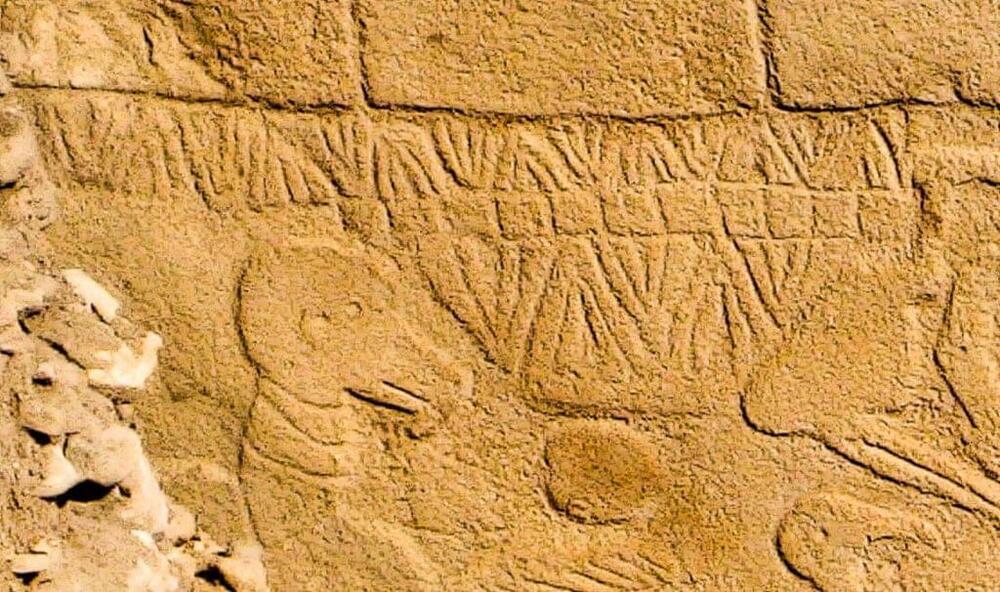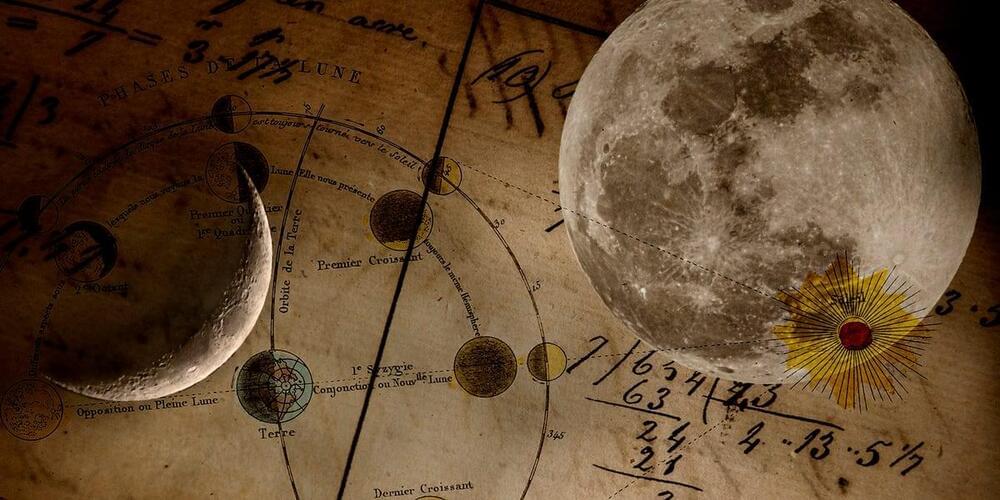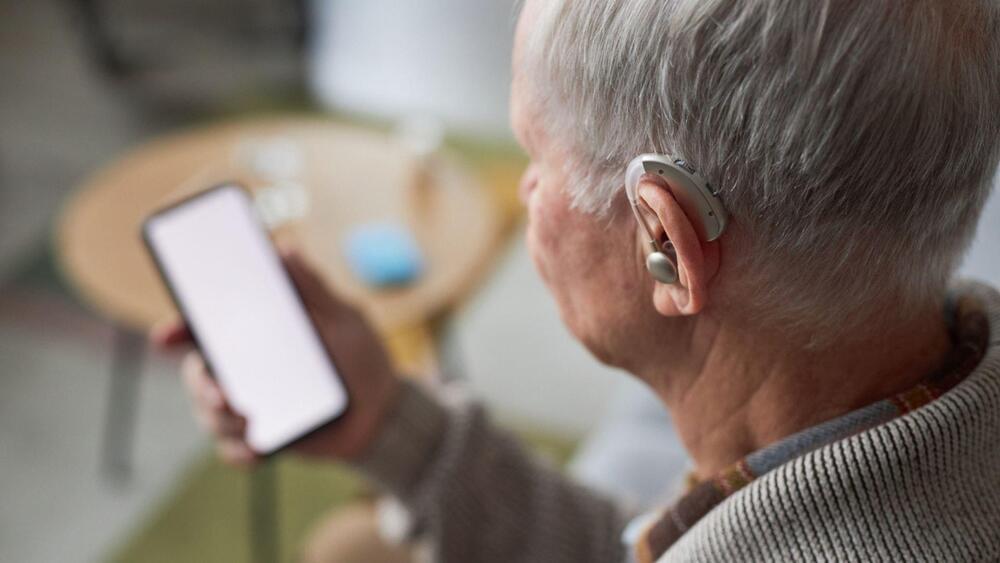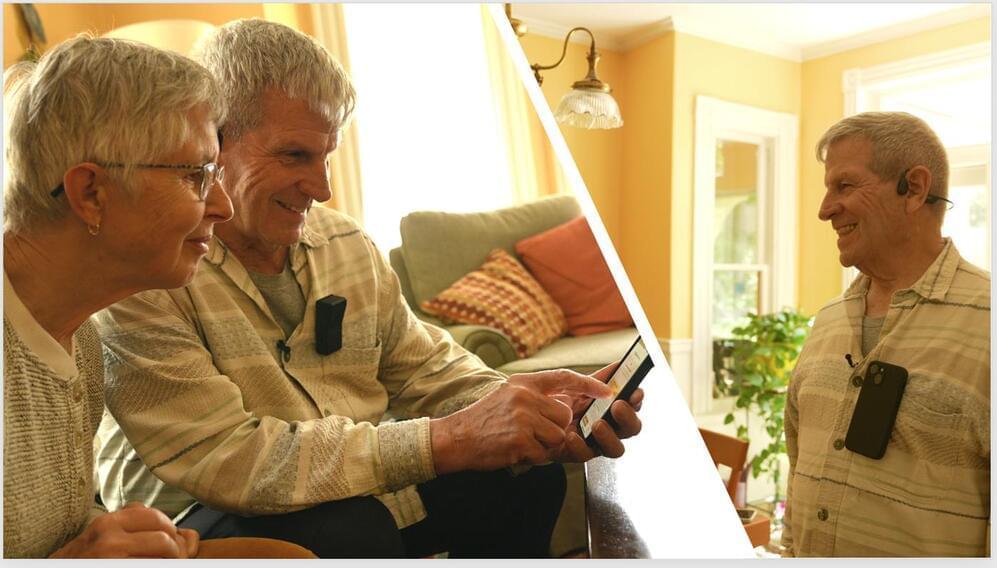
We’re living in an aging society with cognitive loss placing stress on caregivers to monitor older adults struggling with memory decline.
MemPal is a wearable voice-based memory assistant that helps older adults live more independently and safely at home while also reducing caregiver burden. MemPal uses AI to automatically log the user’s actions in real-time based on visual context from a wearable camera without storing any image data, thereby preserving user privacy. With this activity log, MemPal helps older adults recall locations of misplaced objects and completion of past actions using simple voice-based queries such as “Hey Pal, where is my phone?” Additionally, MemPal provides context-based proactive safety reminders (e.g., “you may have forgotten to turn off the stove” or” you already took your medicine an hour ago”) and automatically tracks the completion on the MemPal app, allowing for remote monitoring by caregivers. Lastly MemPal can generate an automatic, summarized diary of activities for caregivers that may also prove useful for physicians to better understand patient behavior within their home.
MemPal was tested within the homes of 15 older adults (ages 65+). Our study demonstrated improved performance of object finding with audio-based assistance compared to no aid and positive overall user perceptions on the designed system. We discuss future design guidelines to adapt these types of wearable systems to various older adults’ needs.

